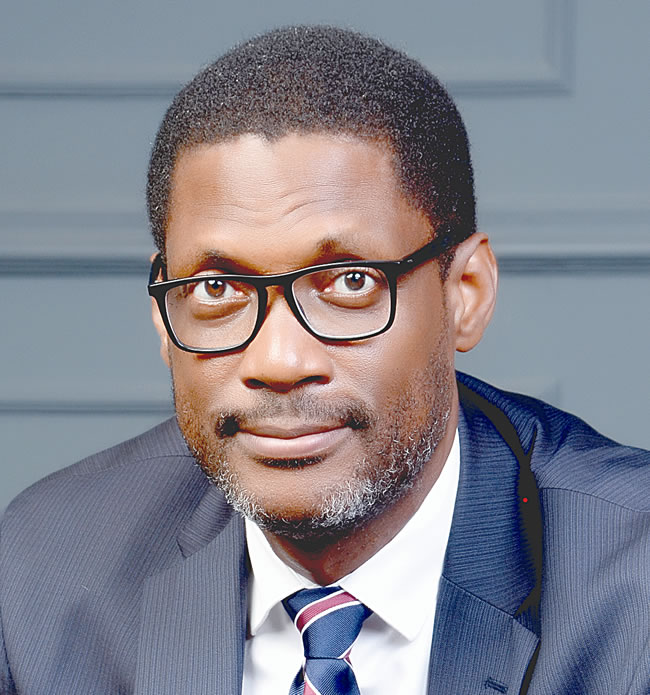Managing Director of Webb Fontaine Nigeria, Ope Babalola, responded to some questions on the sidelines of a recent conference in Lagos
There have been some concerns by freight forwarders concerning your services, especially your server and network. What is the true position?
Firstly, I think the first thing we need to be able to do with them is to have a discussion with them, because there is no way our servers could break down. I see the stories and read them in the news, and sometimes I am quite disappointed to hear these accounts because we get there and see that nothing is wrong and there is no truth to the news.
And sometimes, these just come from poor research. So, I would prefer if we could get more accurate reporting on what is going on.
There are several things that can go on at the ports and the offices, and not all should be termed server breakdowns. Our servers and networks are always up and running over 99% of the time, so let us do a little bit better in reporting.
Based on what you just said now and your analysis, can you say that some of the officers that handle this software are not properly trained?
They are well trained; they undergo extensive training for years, and they are very knowledgeable when it comes to what they do. Many of them will also be surprised at the turn of the reports too. As technology evolves, so do training needs.
Talking about automation, a lot is happening from the Customs end, regarding modernization, the e-Customs project and all. And I know very well that Web Fontaine works with them closely on some of these projects. However, there are concerns about what would be left for your company to do when Customs fully integrates its automated platforms.
Customs in Nigeria already operates a paperless and automated system, and it covers all the agencies that are involved in the country’s trade cycle.
There are a few that are not yet fully integrated, like the NPA, but we’re hoping that when they get their own automation done, we can work together so that, between the Customs and Ports’ automation, everything will go smoothly.
Web Fontaine actually runs a port community system in the Benin Republic and several other countries, which integrates all the agencies involved in the trade cycle to make it all automated and functional. And those countries are really enjoying the best of everything, so I see no reason why we cannot do the same in Nigeria.
So you’re saying that not all the agencies in Nigeria’s maritime industry have been automated?
NPA is under the Ministry of Transport, NCS is under the Ministry of Finance, and Trade is under the Ministry of Trade and Industry, which means you have three different ministries sometimes with different objectives and goals or areas of focus and opinions on what is the best way to advance Nigeria’s trade and commerce.
Their focus might be a little bit different, but I think there is a very important need to put all of them together so that there is a single focus and drive towards a one-stop shop for proper automation.
I would say we already have 90% of that in the Customs-based single window, which you can check out online at trade.com.ng to see the agencies involved. Those that aren’t should just join so that we can make everything work together.
Your company was given an award by the Association of Maritime Journalists of Nigeria, for its innovative services earlier today. What does it mean to you, and what role will it enable you to play in the maritime industry?
The award is important to us, firstly because it is from the maritime industry. Even though our main role is to facilitate trade, trade cannot be facilitated and cannot happen without the maritime industry.
The second reason why it is important is that the journalists association is made up of one of the most well-informed people in the country; they know what happens in the industry and who the players are. So, for them to recognize the work that we have done, it is very important to us.













